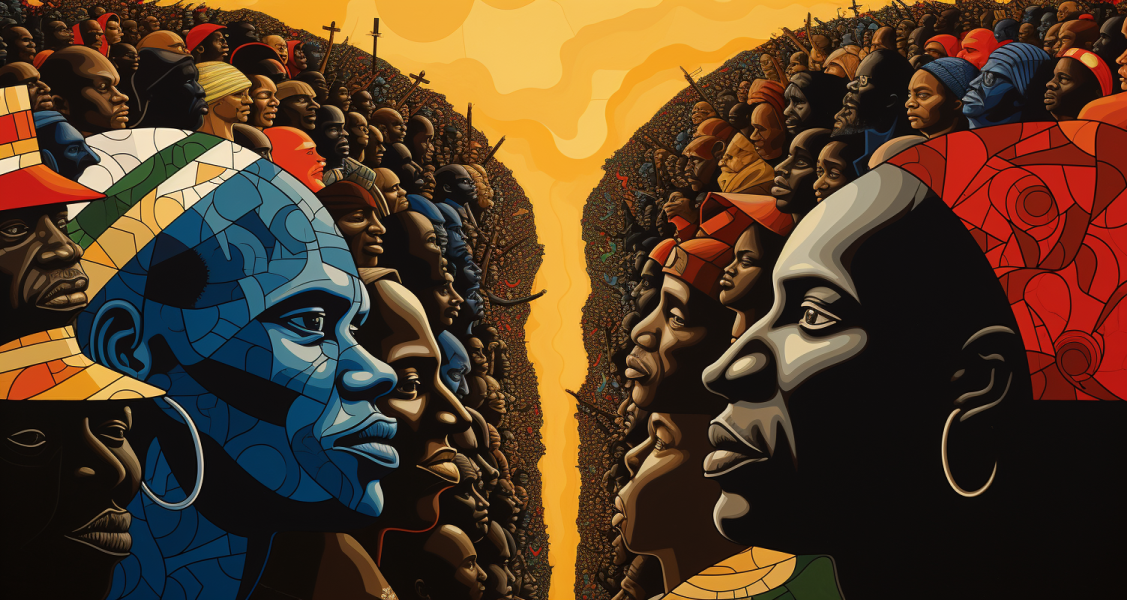In today’s political landscape, the term “polarization” has become synonymous with division and discord. As societies grapple with widening ideological gaps, understanding the roots of this divide, its implications, and potential solutions is crucial. This article delves into the phenomenon of political polarization, shedding light on its causes, consequences, and ways to bridge the chasm.
Understanding Political Polarization
Political polarization refers to the intensification of opposing views and beliefs within a society, leading to a sharp division between groups, often along party lines.
Causes of Polarization
- Media Fragmentation: The rise of niche media outlets allows individuals to consume news that aligns with their beliefs, reinforcing existing biases.
- Echo Chambers: Social media algorithms often show content that aligns with users’ views, creating a feedback loop and deepening divisions.
- Political Leadership: Leaders who employ divisive rhetoric can exacerbate polarization.
- Economic Inequalities: Disparities in wealth and opportunity can lead to differing perspectives and priorities, fueling division.
Consequences of Polarization
- Legislative Stagnation: Polarized legislatures often struggle to pass meaningful reforms due to a lack of consensus.
- Erosion of Democratic Norms: Extreme polarization can undermine trust in democratic institutions and processes.
- Social Strain: Deep divisions can strain interpersonal relationships and community ties.
Bridging the Divide: Steps Forward
- Promote Media Literacy: Educating individuals about media biases and the importance of diverse news consumption can mitigate polarization.
- Encourage Bipartisan Dialogue: Platforms that facilitate discussions between opposing groups can foster understanding and compromise.
- Reform Electoral Systems: Implementing systems that incentivize moderate candidates can reduce polarization.
- Civic Education: Reinforcing the values of democracy, tolerance, and compromise can help bridge ideological gaps.
Political polarization, while challenging, is not insurmountable. Through collective efforts, societies can navigate these divisions, fostering unity and progress. By understanding the roots of polarization and actively seeking solutions, we can pave the way for a more inclusive and harmonious future.







